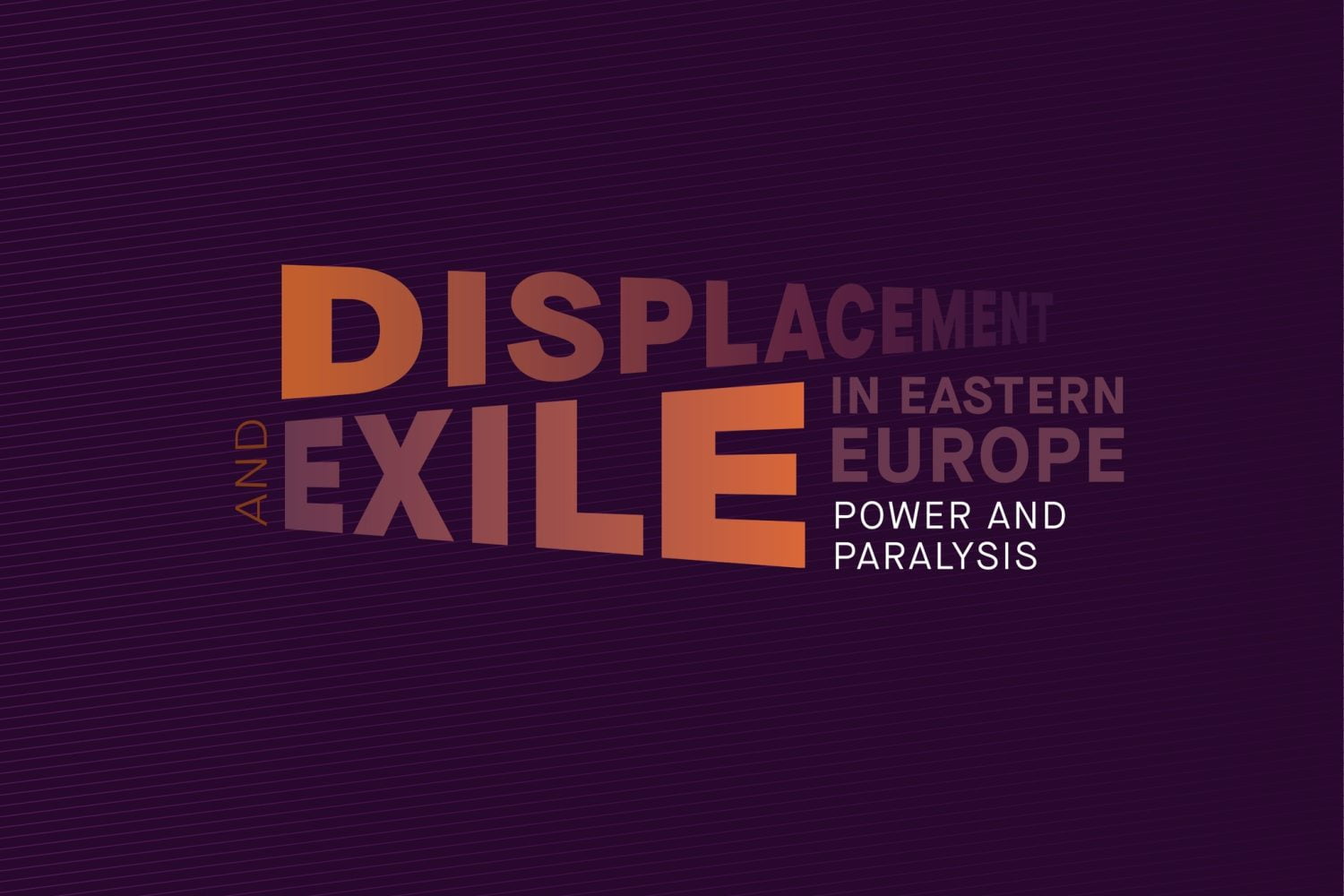On June 15-16, the German Association for East European Studies, in cooperation with the Documentation Centre for Displacement, held the Annual Conference in Berlin DISPLACEMENT AND EXILE IN EASTERN EUROPE: POWER AND PARALYSIS.
The assembled audience, including GIP Director Prof. Kornely Kakachia, discussed the admission of Ukrainian refugees in Germany and other host countries, the situation of endangered scientists, and the question of how much influence people in exile have on the events in their home country.
Furthermore, at the “Forum Escape and Exile,” institutions such as Science at Risk Emergency Office, Dekoder, and many others shared information withjournalists and scientists in exile about support and networking opportunities. The conference aimed to shed light on current developments from various perspectives.
About the event:
Displacement and Exile in Eastern Europe: Power and Paralysis
War, flight, and exile are once again shaping developments in Eastern Europe. Almost ten million people have fled Ukraine since 24 February 2022. At the same time, Belarus and Russia have evolved into dictatorships. More than a million people have left these countries for fear of political persecution or conscription. The exodus continues.
The Baltic States, Poland, Georgia, as well as Germany have become places of refuge. Old and new exile groups come into contact with one another. The diaspora communities are heterogeneous and dynamic. The refugees struggle to exert social and political influence on their old and new homelands.
In turn, societies in host countries oscillate between solidarity and rejection, political support and a fear of being undermined themselves, while governments in these countries fear losing their ability to act. In this situation, disputes over agency arise at different levels.


